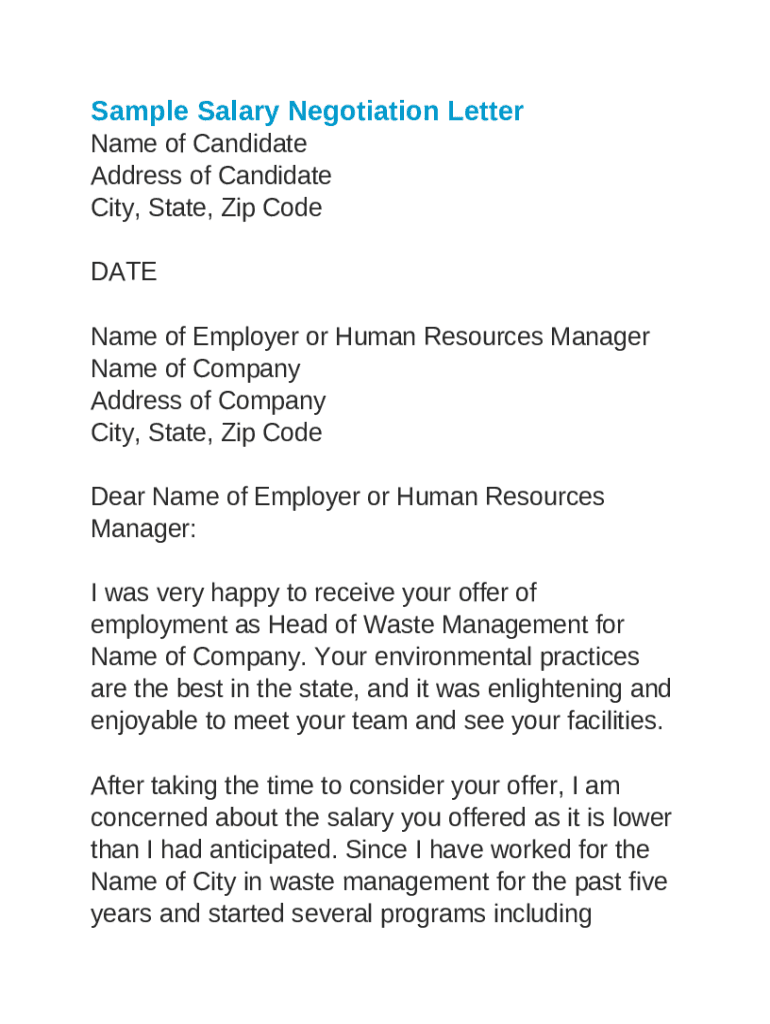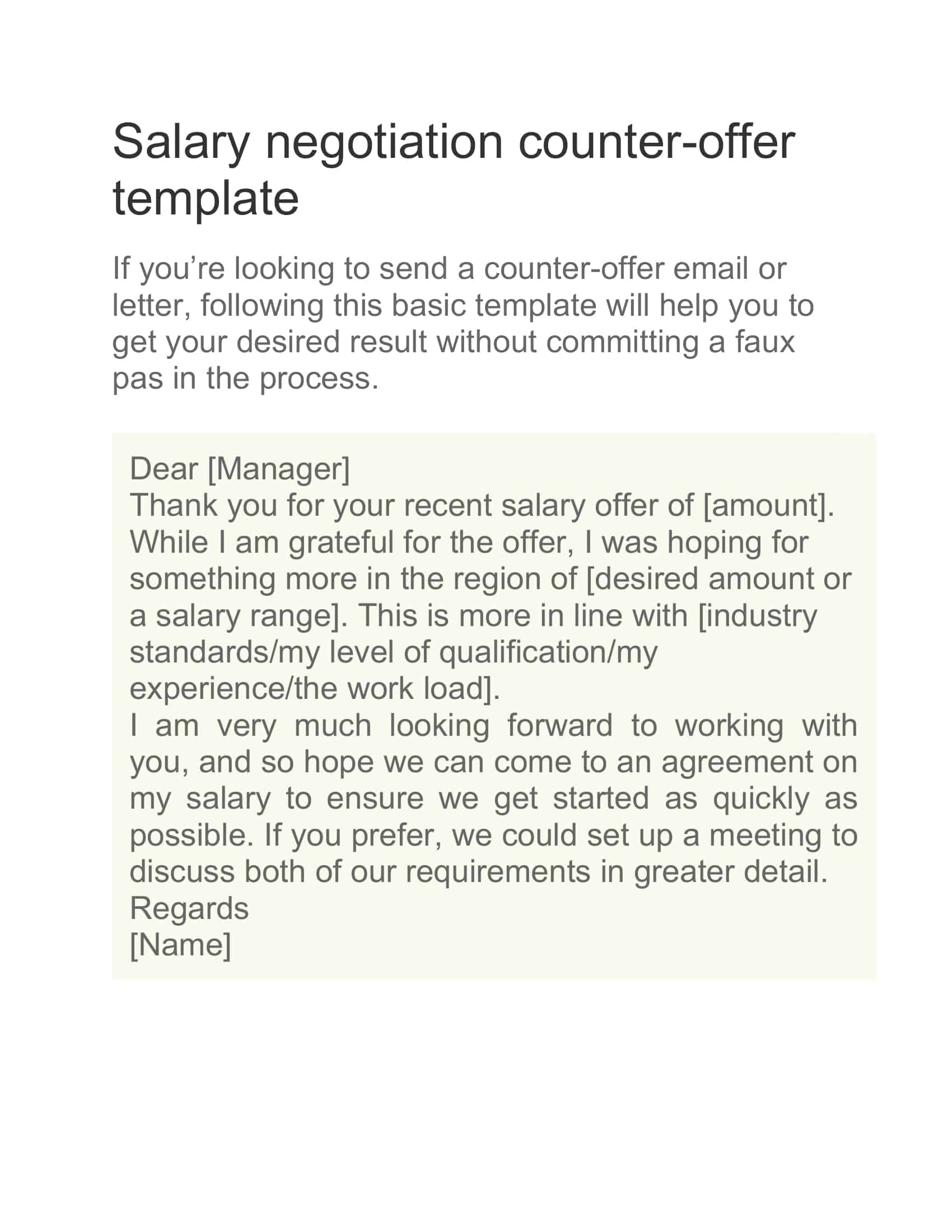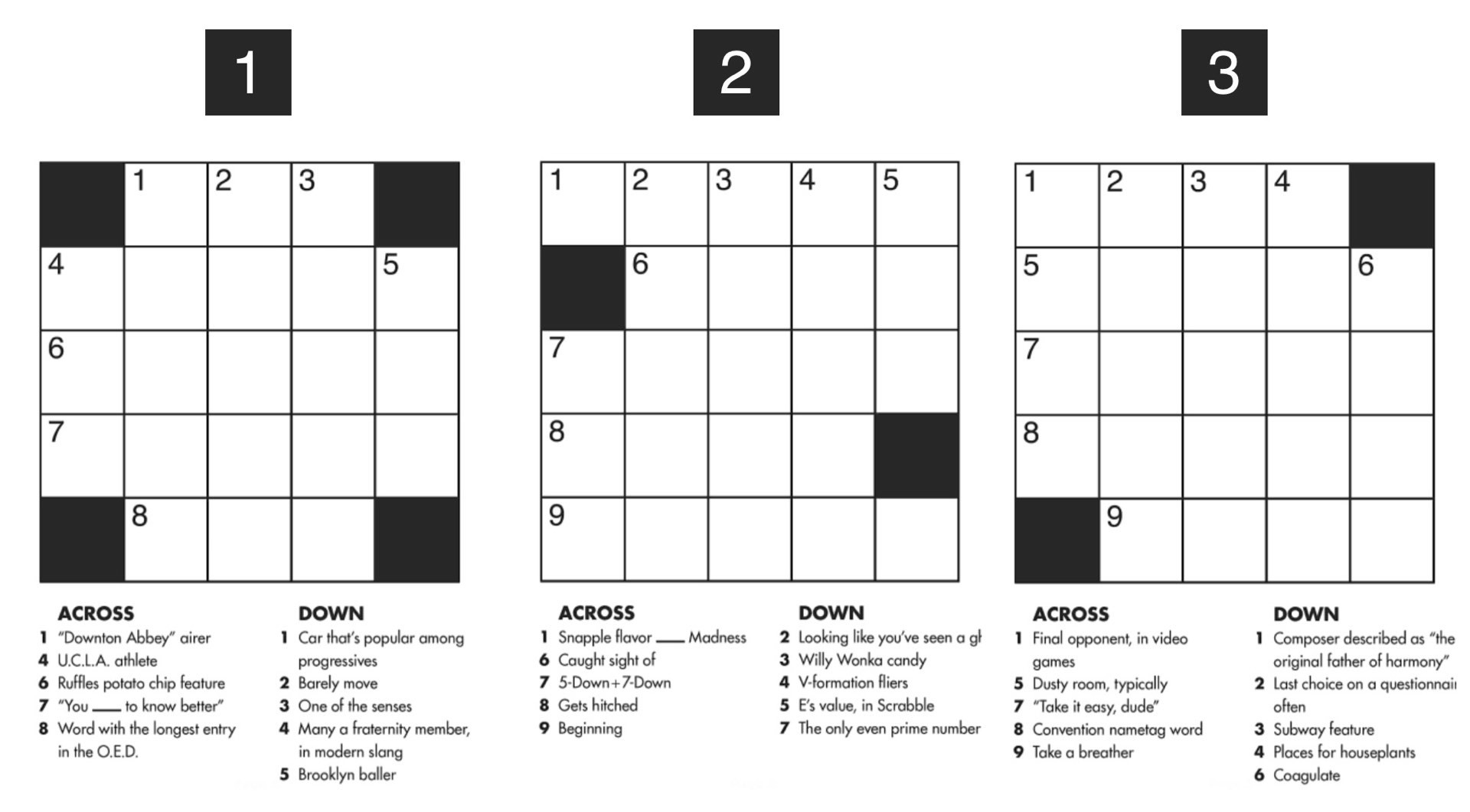Job Offer Negotiation: Strategies For Handling A 'Best And Final' Offer

Table of Contents
Understanding the "Best and Final" Offer Tactic
Employers frequently use the "best and final offer" tactic to streamline the hiring process and conserve resources. While it might sound definitive, it doesn't automatically mean the offer is completely inflexible. Understanding the employer's motivations is crucial to your approach.
- It's a negotiation tactic, not always the absolute final offer. Many employers use this as a pressure tactic to expedite the process and avoid protracted negotiations.
- Recognize their desire for efficiency in the hiring process. Hiring managers often have tight deadlines and numerous candidates to consider. A "best and final offer" can be their way of moving quickly.
- Don't automatically assume it’s the end of the negotiation. While it's a strong signal, it's not necessarily the final word. You still have room to maneuver, depending on your leverage.
Understanding these best and final offer tactics helps you approach the situation strategically rather than reactively. Analyzing employer negotiation tactics is key to successful salary negotiation.
Assessing Your Leverage Before Responding
Before responding to a "best and final offer," carefully assess your position. Your leverage depends on several factors: your skills and experience, the current job market, competing offers (if any), and the employer's urgent need for your expertise.
- Evaluate your market value using salary comparison websites. Sites like Glassdoor, Salary.com, and Payscale can provide insights into average salaries for similar roles in your location. This job market analysis strengthens your position.
- Consider the urgency of the employer's hiring needs. If they're desperate to fill the role quickly, you have more leverage to negotiate.
- Assess your own financial needs and priorities. Determine your minimum acceptable salary and benefits package. Knowing your market value helps you set realistic expectations.
- Weigh the value of benefits against salary. Consider the total compensation package – health insurance, retirement plan, paid time off – and how it compares to the overall salary.
This careful assessment of your leverage in negotiation empowers you to make informed decisions.
Strategies for a Strategic Counter-Offer (if warranted)
If, after careful assessment, you believe a counter-offer is justified, craft it meticulously. Focus on specific, quantifiable aspects of the offer and link your requests to the value you bring to the company.
- Focus on one or two key areas for improvement (salary, specific benefits). Avoid making multiple demands; it weakens your negotiating position.
- Quantify your contributions and the value you bring. Highlight your achievements, skills, and experience, showing how they benefit the company.
- Keep your counter-offer professional and respectful. Maintain a positive and collaborative tone throughout the negotiation.
- Be prepared to walk away if your conditions aren't met. Knowing your worth and having a plan B strengthens your position.
Preparing effective counter offer examples beforehand can significantly improve your success rate. Mastering negotiation techniques and salary negotiation tips are essential.
Accepting or Declining the Offer Gracefully
Whether you accept or decline the offer, maintaining professionalism is crucial. Burning bridges can negatively affect future opportunities.
- Express gratitude for the offer, regardless of your decision. A courteous response reflects well on you.
- If declining, provide a concise and polite explanation. Avoid negativity; simply state that the offer doesn't meet your expectations.
- If accepting, get offer details confirmed in writing (contract). Ensure all terms and conditions are clearly stated. This job offer acceptance letter serves as a legally binding agreement.
- Maintain professional communication throughout the process. Your conduct reflects your professionalism.
Practicing professional communication is key to navigating even the most challenging job offer acceptance or declining a job offer scenarios.
Conclusion
Receiving a "best and final" job offer doesn't signal the end of negotiation. By carefully evaluating your position, strategically crafting a counter-offer (when appropriate), and maintaining professional communication, you can significantly improve your chances of securing the best possible compensation and benefits package. Remember, understanding your leverage and knowing your worth are paramount for successful job offer negotiation. Master the art of job offer negotiation strategies and confidently navigate even the most challenging best and final offer negotiation situations. Learn more about effective negotiation strategies for your next career move!

Featured Posts
-
 Mexico Vs Panama Fecha Hora Y Transmision De La Final Concacaf
May 23, 2025
Mexico Vs Panama Fecha Hora Y Transmision De La Final Concacaf
May 23, 2025 -
 F1 2024 Mc Larens Early Pace Advantage
May 23, 2025
F1 2024 Mc Larens Early Pace Advantage
May 23, 2025 -
 Blessing Muzarabanis Road To 100 Test Wickets Challenges And Opportunities
May 23, 2025
Blessing Muzarabanis Road To 100 Test Wickets Challenges And Opportunities
May 23, 2025 -
 Memorial Day 2025 Are Publix And Other Florida Stores Open
May 23, 2025
Memorial Day 2025 Are Publix And Other Florida Stores Open
May 23, 2025 -
 Beyond The Best And Final Offer Strategies For Salary Negotiation
May 23, 2025
Beyond The Best And Final Offer Strategies For Salary Negotiation
May 23, 2025
Latest Posts
-
 March 13 Nyt Mini Crossword Answers Hints And Solving Tips
May 23, 2025
March 13 Nyt Mini Crossword Answers Hints And Solving Tips
May 23, 2025 -
 Nyt Mini Crossword Solution March 13 Hints And Complete Answers
May 23, 2025
Nyt Mini Crossword Solution March 13 Hints And Complete Answers
May 23, 2025 -
 Solve The Nyt Mini Crossword March 13 Answers And Expert Strategies
May 23, 2025
Solve The Nyt Mini Crossword March 13 Answers And Expert Strategies
May 23, 2025 -
 Jonathan Groff Eyes Tony Award Glory With Just In Time
May 23, 2025
Jonathan Groff Eyes Tony Award Glory With Just In Time
May 23, 2025 -
 Is Jonathan Groffs Just In Time Performance Tony Worthy
May 23, 2025
Is Jonathan Groffs Just In Time Performance Tony Worthy
May 23, 2025
